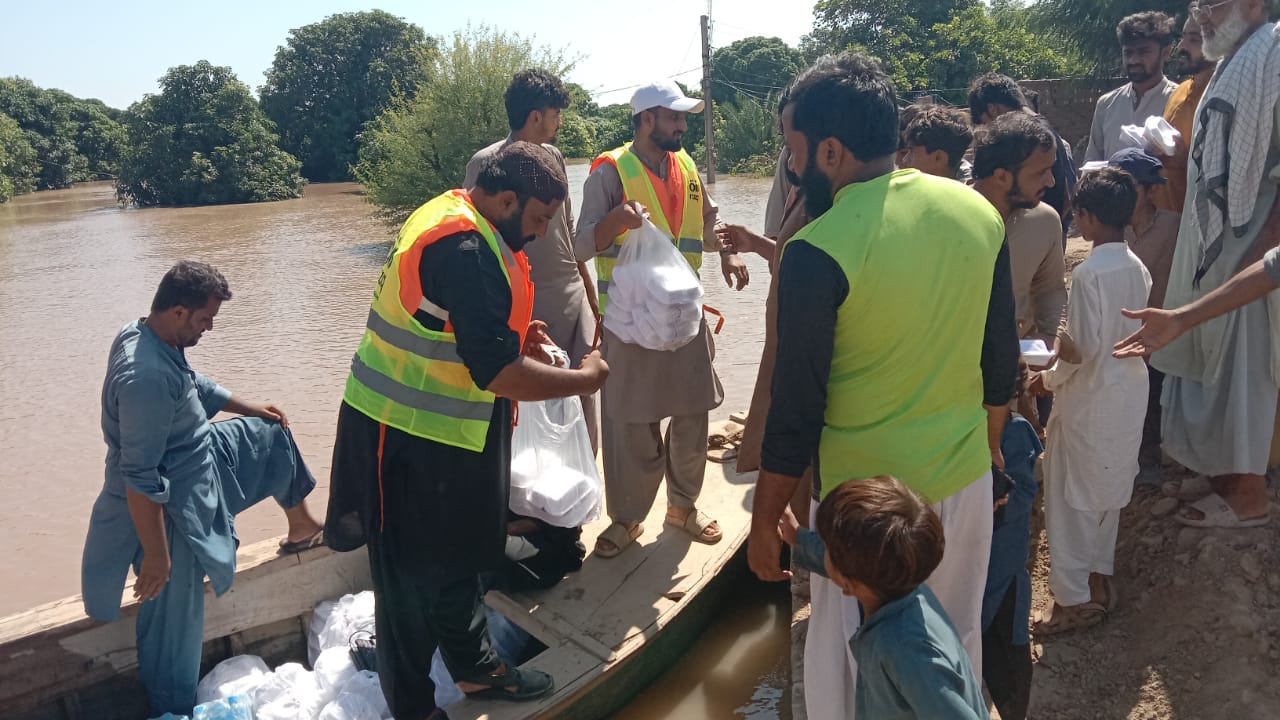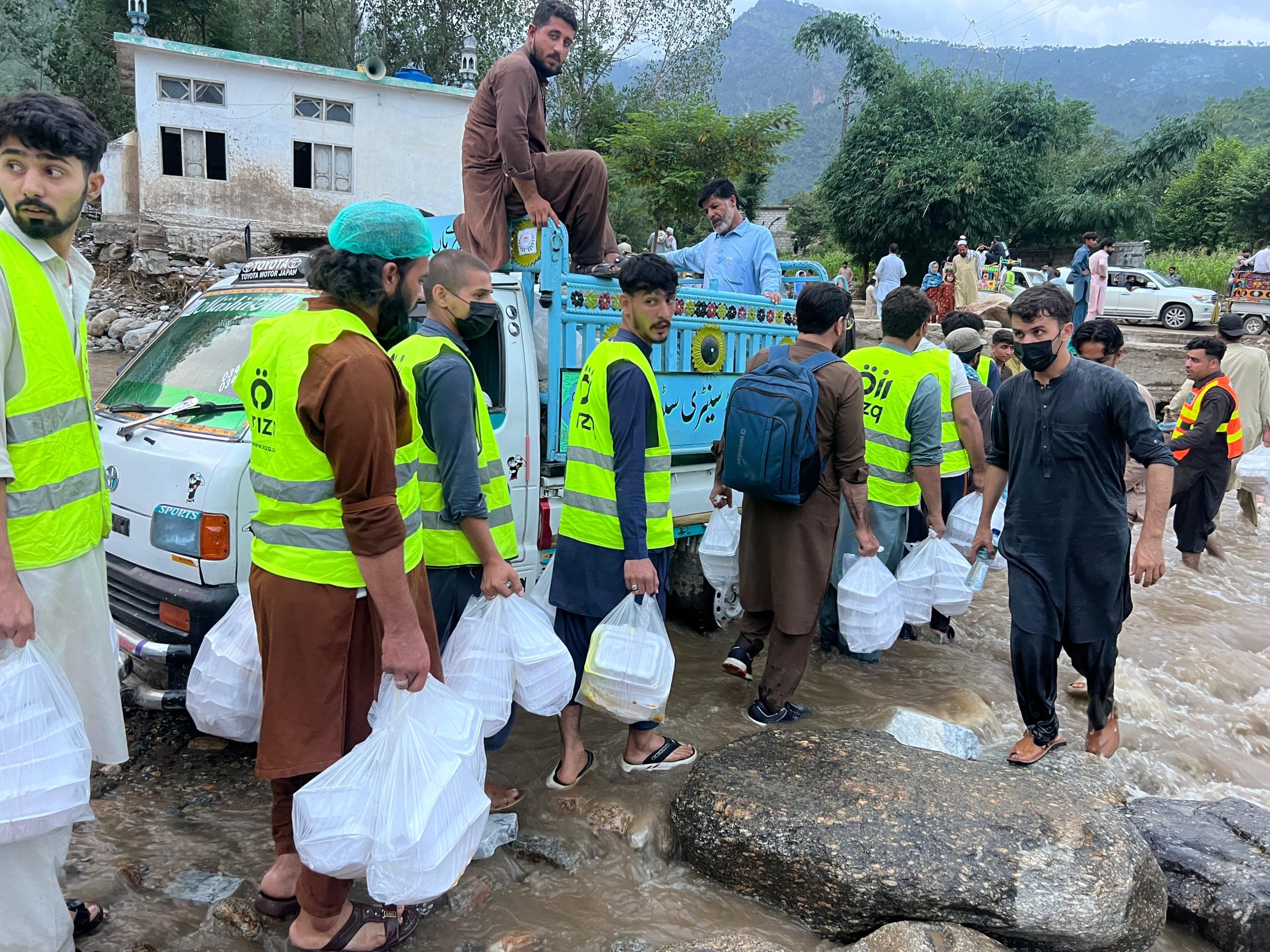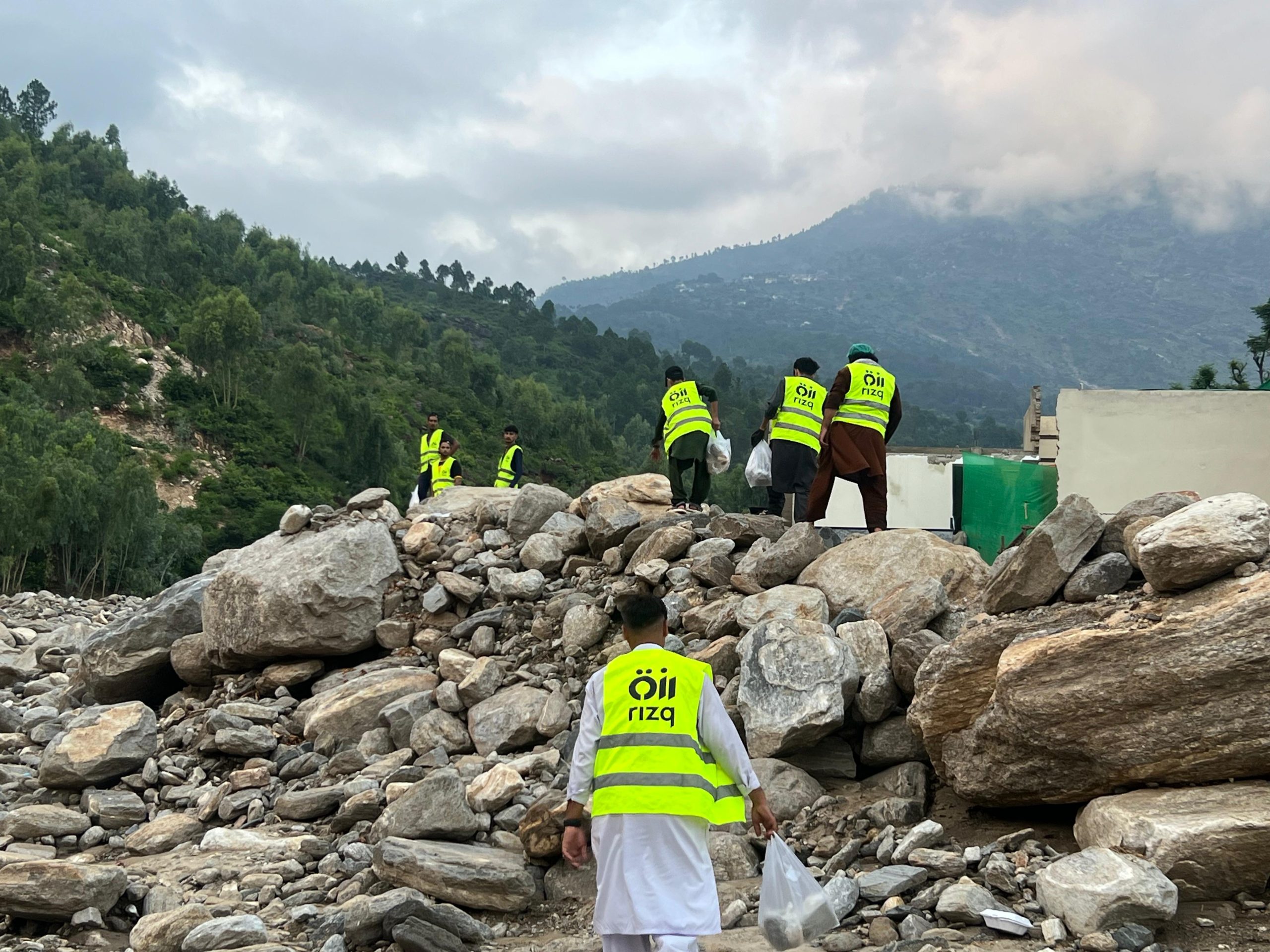Rizq Breeds: From Sacrifice to Sustainability
What began as a humble Qurbani initiative during Ramadan has now evolved into Rizq Breeds—a bold attempt to tackle rural poverty, food insecurity, and gender inequity through sustainable livestock ownership. Rooted in the simple act of giving, this model now serves as a case study in innovation, adaptability, and the ongoing challenge of scale.
From Iftar to Innovation
The seed for Rizq Breeds was planted when community members at a Ramadan iftar asked, “Why not do Qurbani too?” From that small suggestion, Rizq organized its first Qurbani with just one or two cows, distributing meat in Sultan Park. Over time, the team expanded efforts, first outsourcing procurement and butchery, then transitioning to direct sourcing to improve efficiency and quality.
This shift not only helped reduce costs but gave Rizq deeper insight into livestock markets. Procuring animals earlier in Ramadan proved more cost-effective, and setting up in-house slaughter operations gave the team more control over the supply chain.
Empowering Farmers, Learning from Challenges
One of Rizq Breeds’ most ambitious steps was enrolling female farmers. Livestock was provided with the promise of a buyback at 50% of the market rate. However, challenges emerged—high mortality rates, pilferage, and lack of expertise in animal care. Additionally, price negotiations were complicated by market variability, and the model was eventually paused.
Despite this, the learnings were invaluable. Future models now focus on farmer training, performance-based incentives, and better risk monitoring. Meanwhile, premium livestock rearing continues under Rizq Breeds, driven by donor demand for high-quality animals.
Marketing, Sales & Customer Experience
Marketing Rizq Breeds has undergone significant experimentation. Early efforts included a dedicated website and Google Forms, but these often confused donors and buyers. The breakthrough came with a WhatsApp-based catalog system that allowed customers to browse, select, and even purchase livestock online.
Clear communication became essential:
- Want to donate? Go to the foundation.
- Want to purchase premium livestock? Go to Rizq Breeds.
This strategy streamlined customer experience and helped build trust, especially among salaried professionals who prioritized convenience and reliability.
Toward a Unified “Zabiha Service”
The future of Rizq Breeds may lie in a consolidated model—offering donations, purchases, and delivery under one unified platform. Premium services, like slaughtered and delivered meat, are already being piloted at higher price points (e.g., PKR 30,000 for a goat).
Looking Ahead
Rizq Breeds has not yet cracked the code for scalable livestock sales, particularly under the breed-and-rear model. Mortality rates remain high, monitoring needs strengthening, and pricing structures require refinement. But with better procurement planning, improved veterinary care, and a shift toward year-round operations, Rizq sees massive potential.
As the team continues to explore cooperative models, local partnerships, and donor-funded procurement, one thing remains clear: Rizq Breeds isn’t just about animals—it’s about restoring dignity, creating opportunity, and transforming charity into long-term change.



